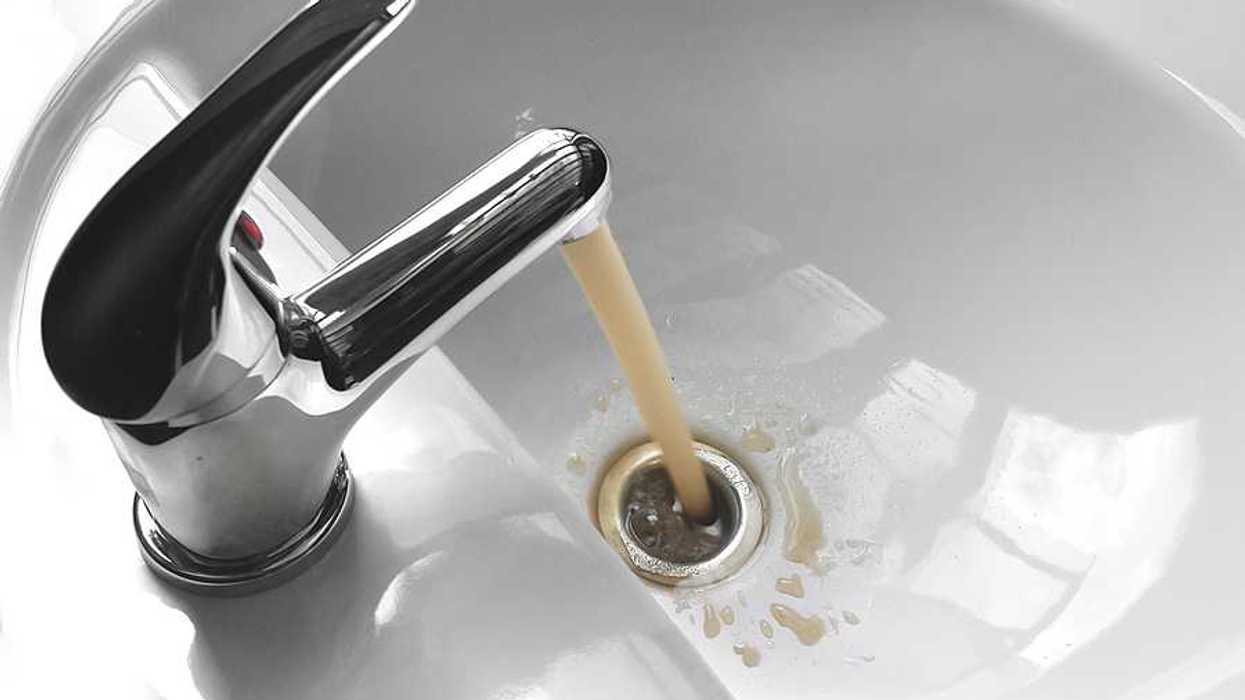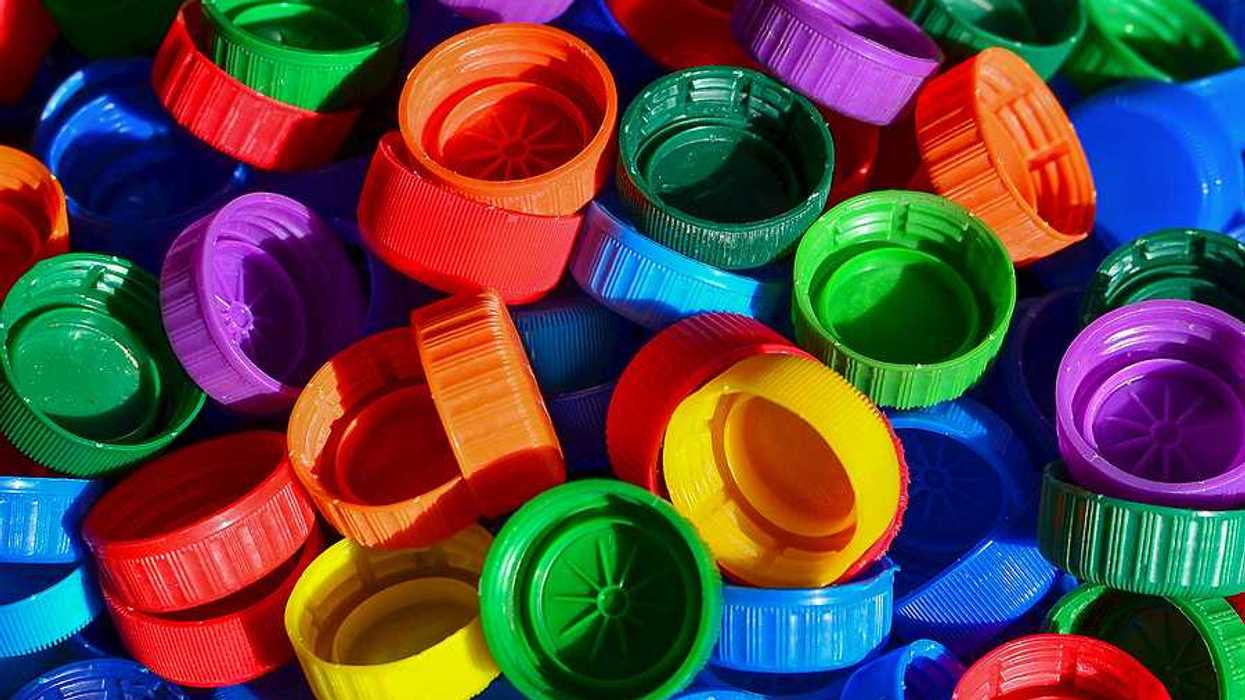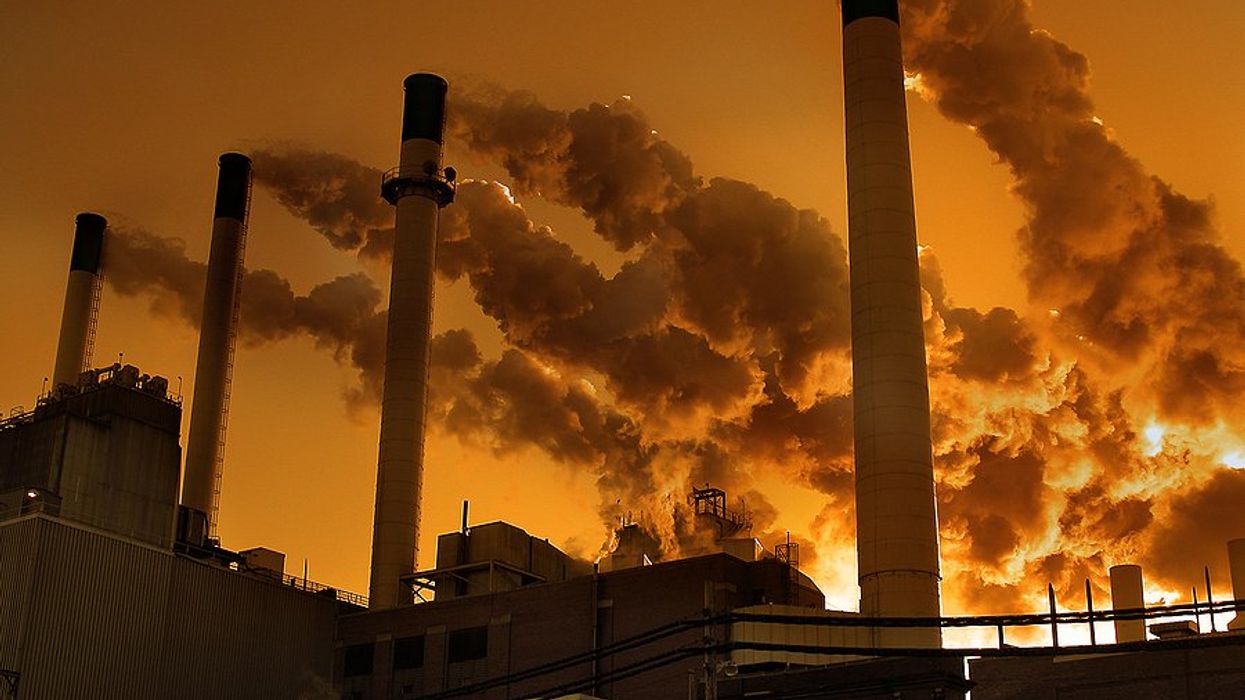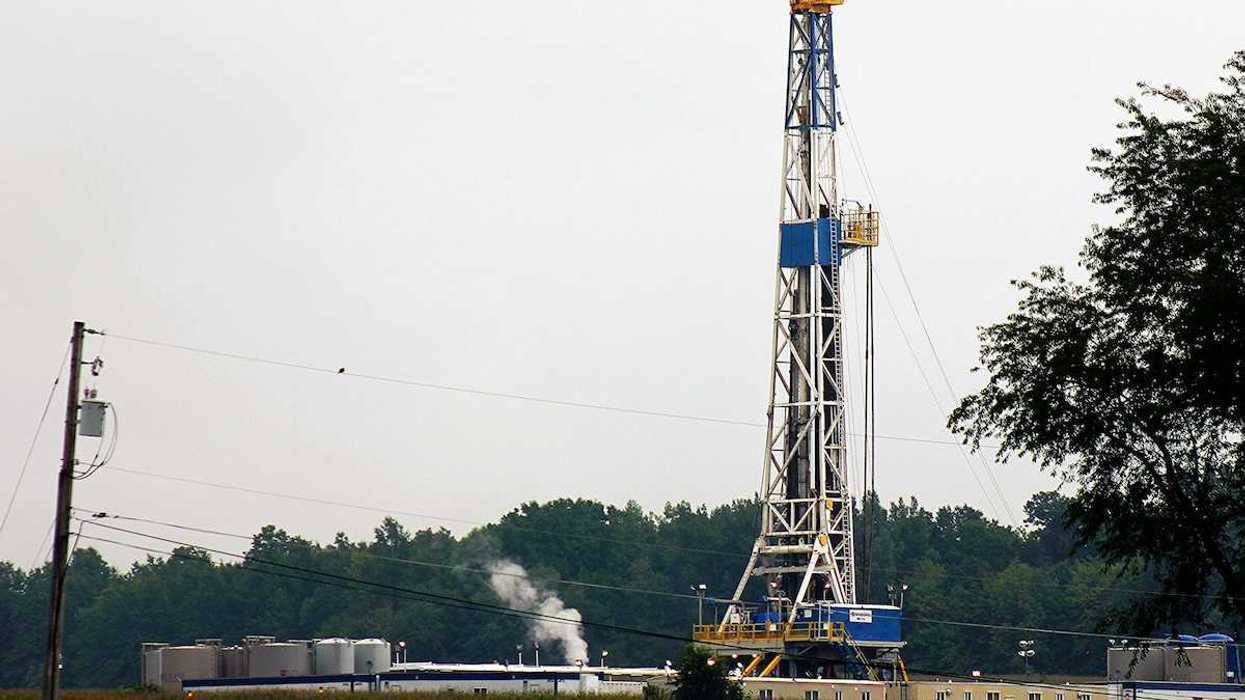A recent study reveals that wastewater from Pennsylvania's fracking industry contains enough lithium to meet up to 40% of the United States' domestic needs, raising concerns about potential increased fracking.
Kiley Bense reports for Inside Climate News.
In short:
- Pennsylvania's fracking wastewater could yield about 1,160 metric tons of lithium annually, potentially covering 38-40% of U.S. demand.
- Experts express concerns over the environmental and health impacts of extracting lithium from fracking wastewater.
- Skeptics warn that this finding might be used to justify more fracking, potentially exacerbating environmental damage.
Key quote:
“I think having more domestic sources of lithium is definitely a positive thing, especially if you don’t have to create a mine to exploit the resource.”
— Justin Mackey, research geochemist at the National Energy Technology Laboratory
Why this matters:
Lithium is crucial for clean energy technologies, but extracting it from fracking wastewater poses significant environmental and health risks. This finding may lead to increased fracking, counteracting efforts to reduce fossil fuel dependence.














